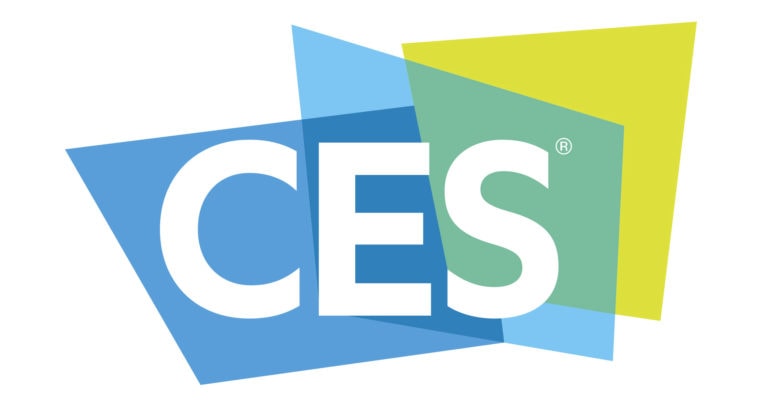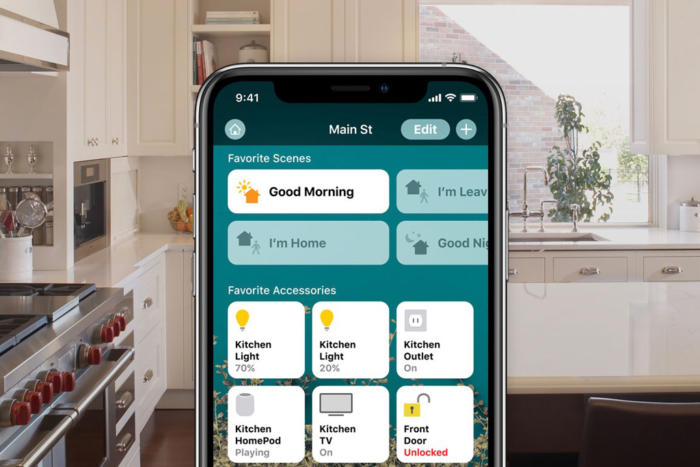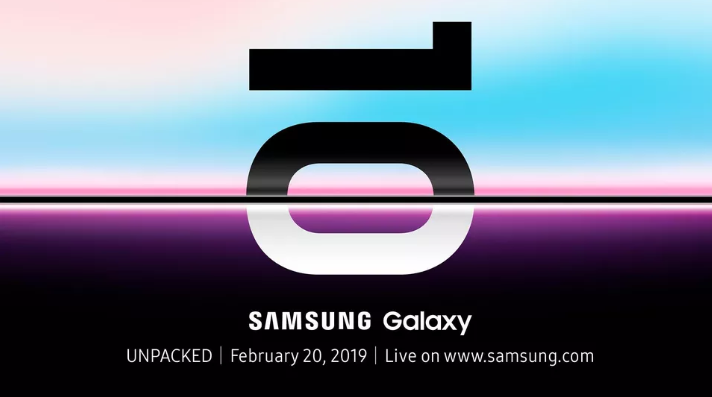 7430
7430
 2019-01-11
2019-01-11
The Las Vegas confab is the event that sets the stage for the coming year in tech. Big players like Samsung, LG and Sony unveil their newest TVs, home appliances and other devices, while smaller companies show off everything from, say, bread-making robots to a toothbrush that allows you to brush your entire mouth in 10 seconds. This year there was also a lot of noise from Google and Amazon, which are vying to be the primary voice assistant provider for smart home gadgets and other technol
Even with all of that, Apple and Samsung -- two of the most powerful companies in tech -- managed to generate some of the biggest buzzes in Las Vegas and they didn't have to hold major press events to get the attention.
In the case of Apple, it's started letting TV makers like LG and Vizio access its AirPlay and HomeKit technology, and Samsung's 2019 TVs will even come with iTunes built in. Playing nice with the world's biggest TV makers is a natural step for Apple ahead of the launch of its long-rumoured streaming video service.
At CES 2019, Apple finally sets iTunes, AirPlay loose
Galaxy S10 launch date confirmed: Feb. 20 at Samsung's Unpacked event in San Francisco

In the case of Samsung, it even managed to upstage itself. The company on Thursday said it'll launch its next flagship phone on Feb. 20 in San Francisco, just ahead of the Mobile World Congress trade show in Barcelona. The smartphone, likely the Galaxy S10, is one of the most anticipated new devices of the year. It's Samsung's 10th-anniversary phone and is expected to pack in big changes like an in-screen fingerprint reader.
Both developments managed to capture the attention of CES attendees and people watching from afar.
"in my circles, the first thing people wanted to talk about was the news between Samsung and Apple," Moor Insights & Strategy analyst Patrick Moorhead said. But as he pointed out, "sometimes buzz doesn't indicate impact."
"For instance, Amazon and Alexa owned the smart home, which is significant," Moorhead said.
Apple's services push
Apple's never had an official presence at CES. It doesn't have a booth or hosts any press events, and it almost never releases news related to CES products. Instead, Apple prefers to host its own flashy events and dominate the news cycle.

But this year marked a change as Apple gears up to become a bigger services provider. It put up a massive sign near the Las Vegas Convention Center to remind attendees about its emphasis on privacy. And news rolled out in the early days of the show about various TVs that'll soon work with AirPlay 2, which allows customers to stream videos, music and other content directly to their TV from an Apple device.
Apple didn't even have to officially show up to CES -- it let its partners handle the announcements -- to generate a lot of coverage.
The company has been trying to turn itself into a services powerhouse as it faces slowing iPhone sales. Keeping its upcoming video-streaming services exclusive to Apple devices would limit the number of potential users. After all, not everyone who has an iPhone has an Apple TV. If Apple wants to win over customers in their homes, it has to make its services available on more electronics they use. That includes TVs from Samsung, LG, Vizio and Sony announced this week at CES.
"It's looking like the changes Apple made to make it easier for third parties to integrate HomeKit and work they did with AirPlay 2 is paying off," Creative Strategies analyst Ben Bajarin tweeted earlier this week. The "story of CES may be Apple's growth in HomeKit/Siri/Airplay 2 support."
Galaxy S10 buzz
Samsung, meanwhile, did host a press conference at CES, but its biggest news came Thursday as the tech confab's coverage started winding down. The company said it'll show off its next smartphone at an Unpacked event next month. The launch will take place Feb. 20 at 11 a.m. PT at the Bill Graham Civic Auditorium in San Francisco.

Samsung may be best known for its Galaxy smartphones, but TVs, laptops and appliances like refrigerators and washing machines are a big part of its product lineup. And it unveils a lot of news related to those devices at CES. This year brought lots of TVs, the iTunes partnership, a smarter Bixby voice assistant and even four robots to do things like monitor health and help you walk better.
Samsung introduced smaller TV sizes that use its MicroLED screen tech, which it first showed off last year. MicroLED competed with OLED for terrific picture quality and outstanding brightness but promises less burn-in. The new 75-inch modular TV will first be geared at commercial uses but will also make its way to consumers.
Samsung's Bixby digital assistant also got some new capabilities. During the company's Monday press conference, executive after executive touted what you'll be able to do with Bixby in your various devices, from searching your iTunes library to getting recommendations for the best cycle in your Samsung washing machine. You'll be able to use it in your car's "digital cockpit" to do things like check to see if your fuel tank is full before heading on a road trip.
We also saw Samsung's first foray into robots for consumers with its Bot Air for air purification, Bot Care for health monitoring, Bot Retail for restaurants and shops, and GEMS (Gait Enhancing and Motivating System) to help with mobility issues.
Even with all of those Samsung announcements, it's likely the upcoming Galaxy S10 will get the most attention.
And as CES attendees gear up to leave Las Vegas, it's probably Apple and Samsung they're thinking about. Sorry, everybody else.
Source: cnet